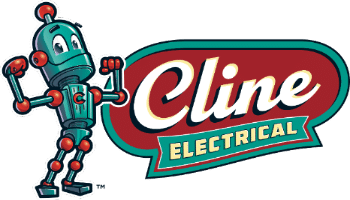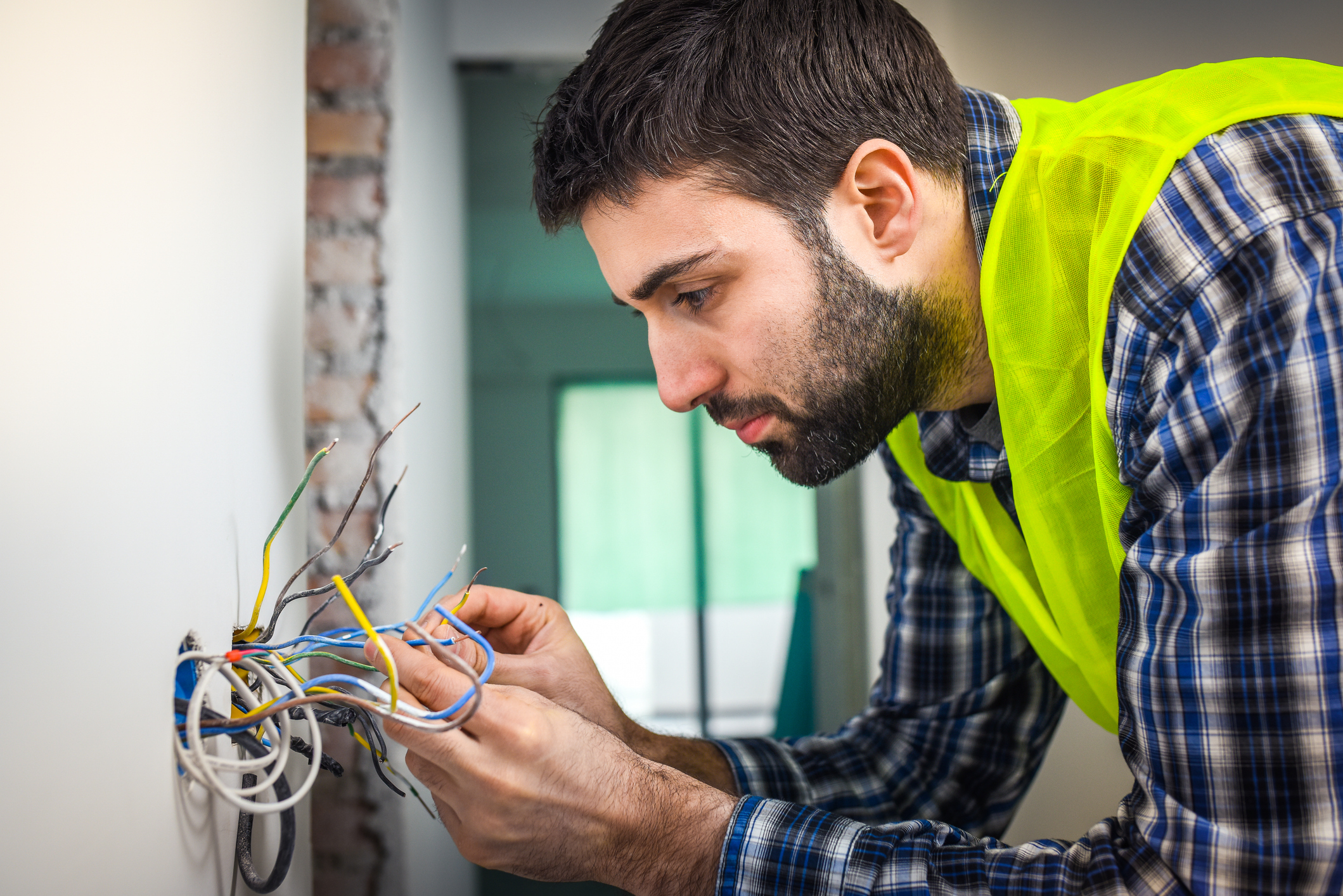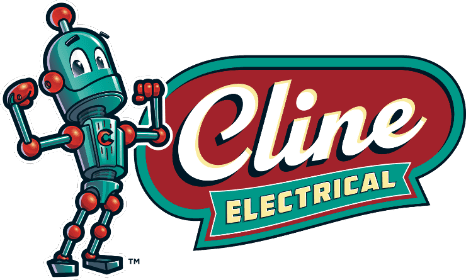As electric vehicles (EVs) continue to gain traction, the need for efficient home charging solutions is becoming increasingly prominent. This article delves into the evolving landscape of electrical services, unveiling the transformative impact of electric vehicles on residential power infrastructures. From technological innovations to challenges and prospects, we explore the dynamic synergy between EVs and home charging.
1. The Electric Vehicle Revolution:
The automotive industry is experiencing a paradigm shift with the widespread adoption of electric vehicles. As more individuals make the switch to EVs, the demand for convenient and reliable home charging solutions has skyrocketed. This shift not only heralds a greener transportation era but also necessitates significant changes in residential electrical assistance.
2. Advanced Home Charging Technologies:
Technological advancements in home charging stations are reshaping how EV owners power their vehicles. Smart charging stations equipped with connectivity features allow users to monitor and control charging remotely, optimizing energy consumption and cost-effectiveness.
3. Upgrading Residential Electrical Infrastructures:
The surge in EV ownership requires homeowners to evaluate and potentially upgrade their electrical infrastructures. Robust charging capabilities necessitate adequate electrical capacity, prompting many to invest in panel upgrades, dedicated circuits, and increased amperage to accommodate the higher power demands of EV chargers.
4. The Role of Energy Storage Solutions:
Integrating energy storage solutions, such as home batteries, can play a crucial role in optimizing the charging process for electrified vehicles. These systems allow homeowners to store excess energy during periods of low demand and utilize it for charging during peak times, contributing to grid stability and cost savings.
5. Challenges and Solutions:
While the transition to EVs and home charging brings numerous benefits, it also presents challenges. Overloading existing electrical systems, limited charging infrastructure in some areas, and the need for standardized charging protocols are among the hurdles. Solutions involve collaboration between utilities, governments, and private entities to enhance infrastructure and streamline charging processes.
6. Government Incentives and Policies:
Governments worldwide are implementing incentives and policies to accelerate the adoption of sustainable transport and support the development of home-charging infrastructure. Financial incentives, tax credits, and regulatory frameworks aim to make EV ownership more accessible and appealing to a broader audience.
7. Future Prospects:
The future of electric vehicles and home charging holds exciting possibilities. Anticipated advancements include faster-charging technologies, increased energy efficiency, and expanded charging infrastructure. Innovations such as wireless charging and vehicle-to-grid technology are on the horizon, promising to reshape the landscape even further.
In conclusion, the convergence of electrified automobiles and home charging represents a pivotal moment in the evolution of these services. The transition to a cleaner, more sustainable transportation model necessitates not only advancements in EV technology but also significant adaptations in residential power infrastructures. As technology continues to progress and governments invest in supportive policies, the synergy between green vehicles and home charging is poised to redefine our approach to energy consumption and environmental sustainability.
Power up your knowledge with Cline Electrical Service! Discover the evolution of electrical services in our sustainable automotive future. Call us at 540-380-3886 for further clarification.







